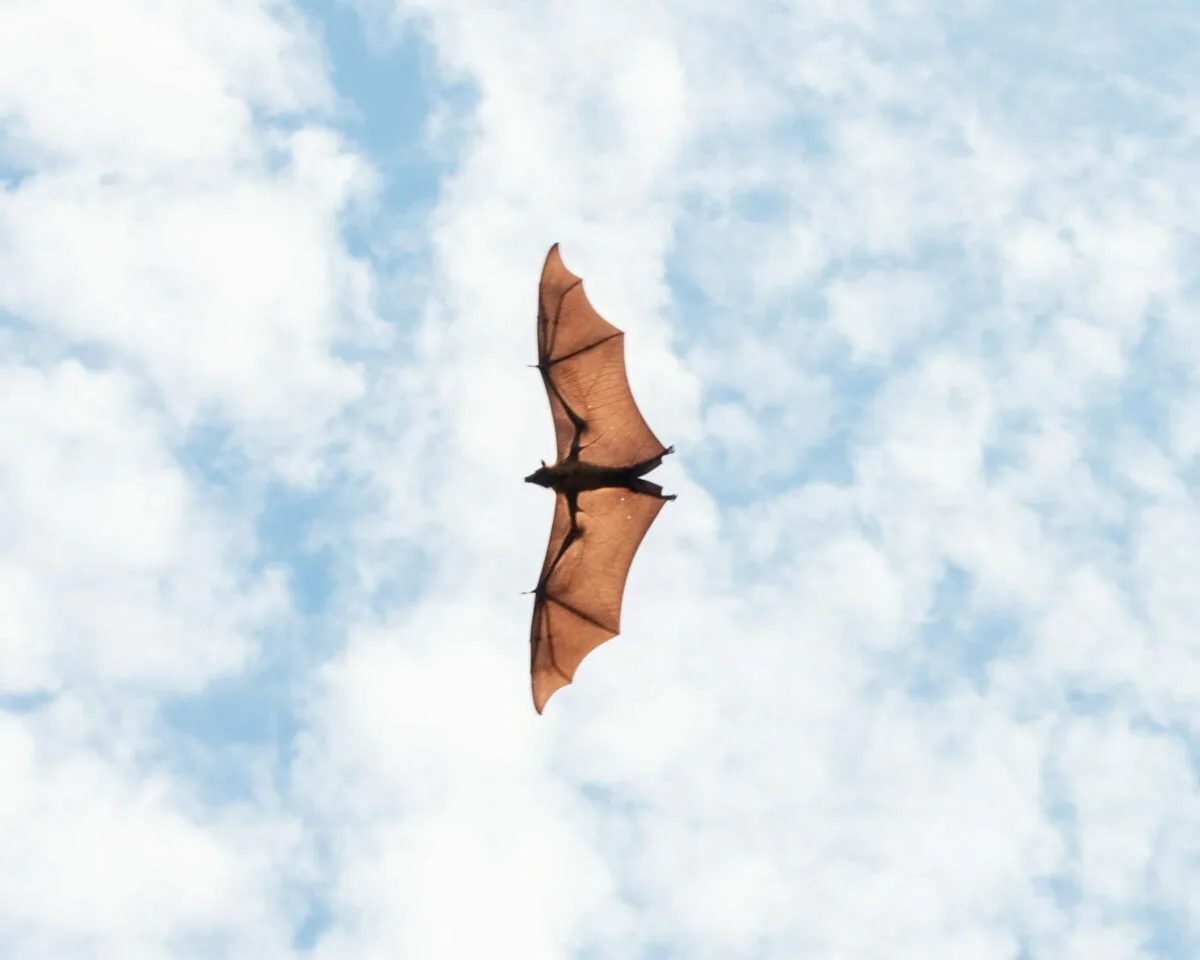Australian Bat Lyssavirus (ABLV) is a virus closely related to rabies that infects bats in Australia. Discovered in 1996, it can cause a fatal disease in humans and animals. Like rabies, it attacks the nervous system and leads to severe brain inflammation if untreated.
How Do People Get Infected?

People can contract ABLV if bitten or scratched by an infected bat, or if bat saliva gets into their eyes, mouth, or an open wound. Even small scratches matter—any direct contact with bats poses a risk. The virus does not spread from person to person.
How Common Is ABLV?
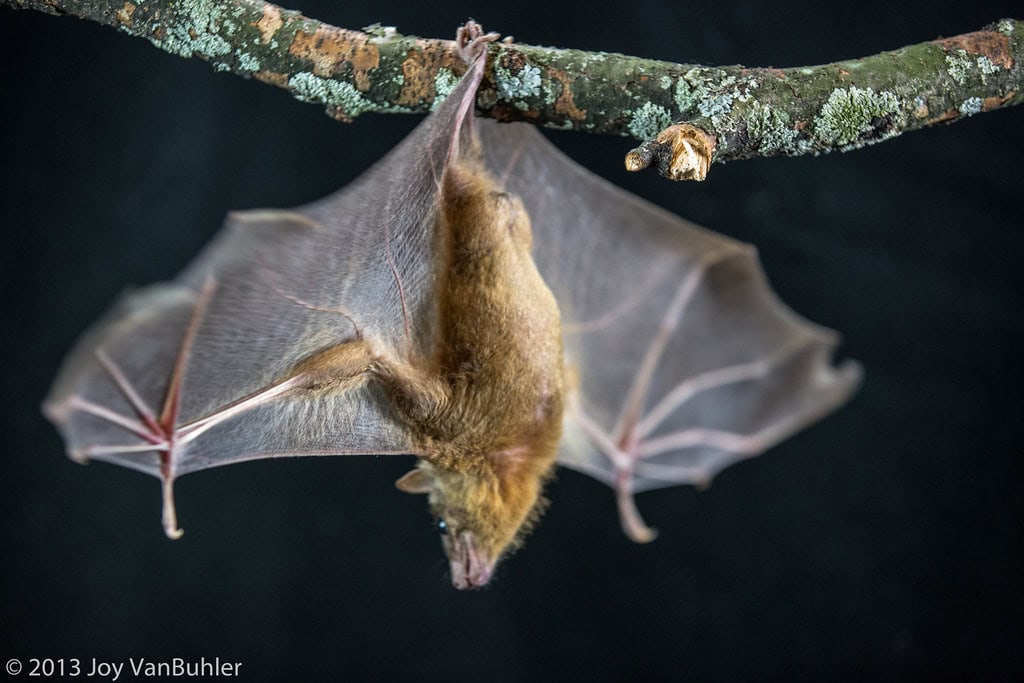
ABLV infection in humans is extremely rare. Since its discovery, only three human cases have been reported in Australia, all of which were fatal. However, the virus has been found in multiple bat species across the country, especially in flying foxes and insect-eating microbats.
Symptoms to Watch Out For
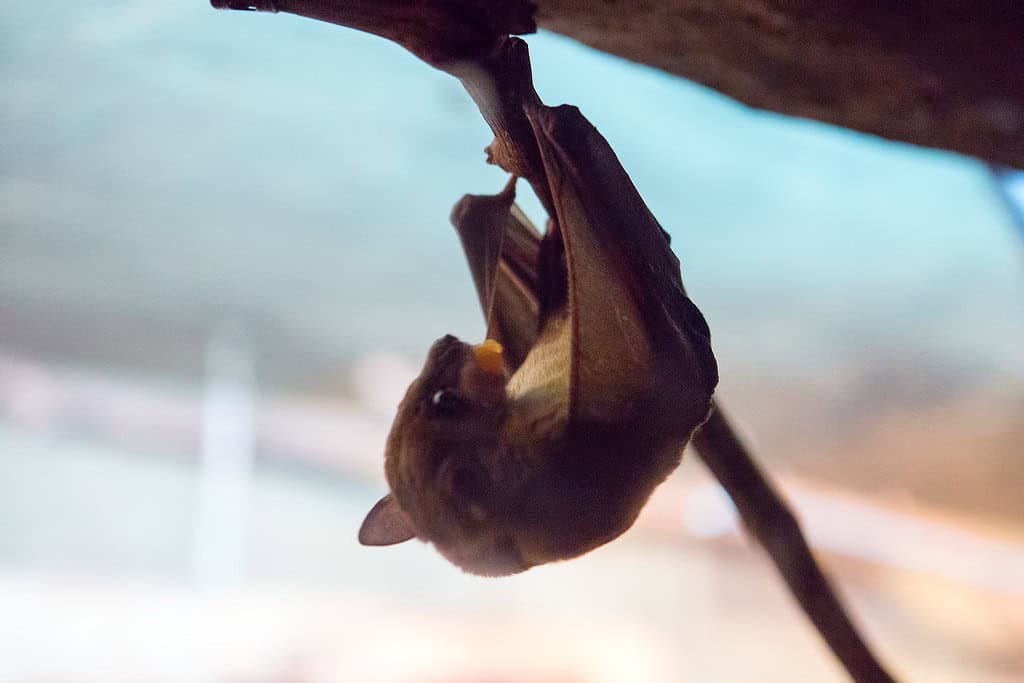
Symptoms are similar to rabies and can appear weeks to months after exposure. They often start with fever, headache, or weakness before progressing to paralysis, confusion, seizures, and coma. Once symptoms appear, the disease is almost always fatal.
What Should You Do After Bat Contact?
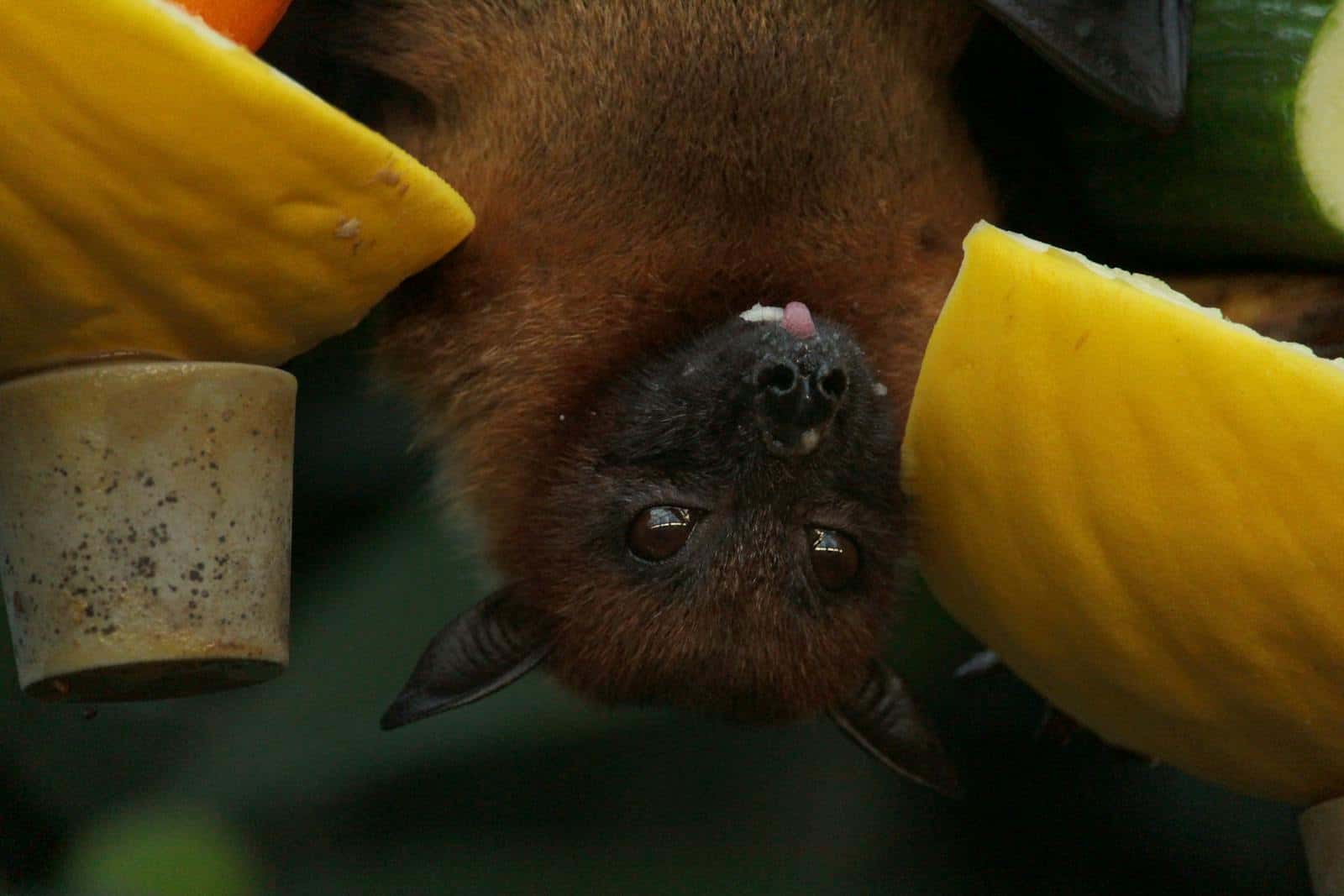
Anyone bitten or scratched by a bat should immediately wash the wound thoroughly with soap and water for at least five minutes, apply antiseptic, and seek urgent medical attention. Doctors may recommend a course of rabies vaccine and rabies immunoglobulin (post-exposure prophylaxis) to prevent infection.
How to Protect Yourself
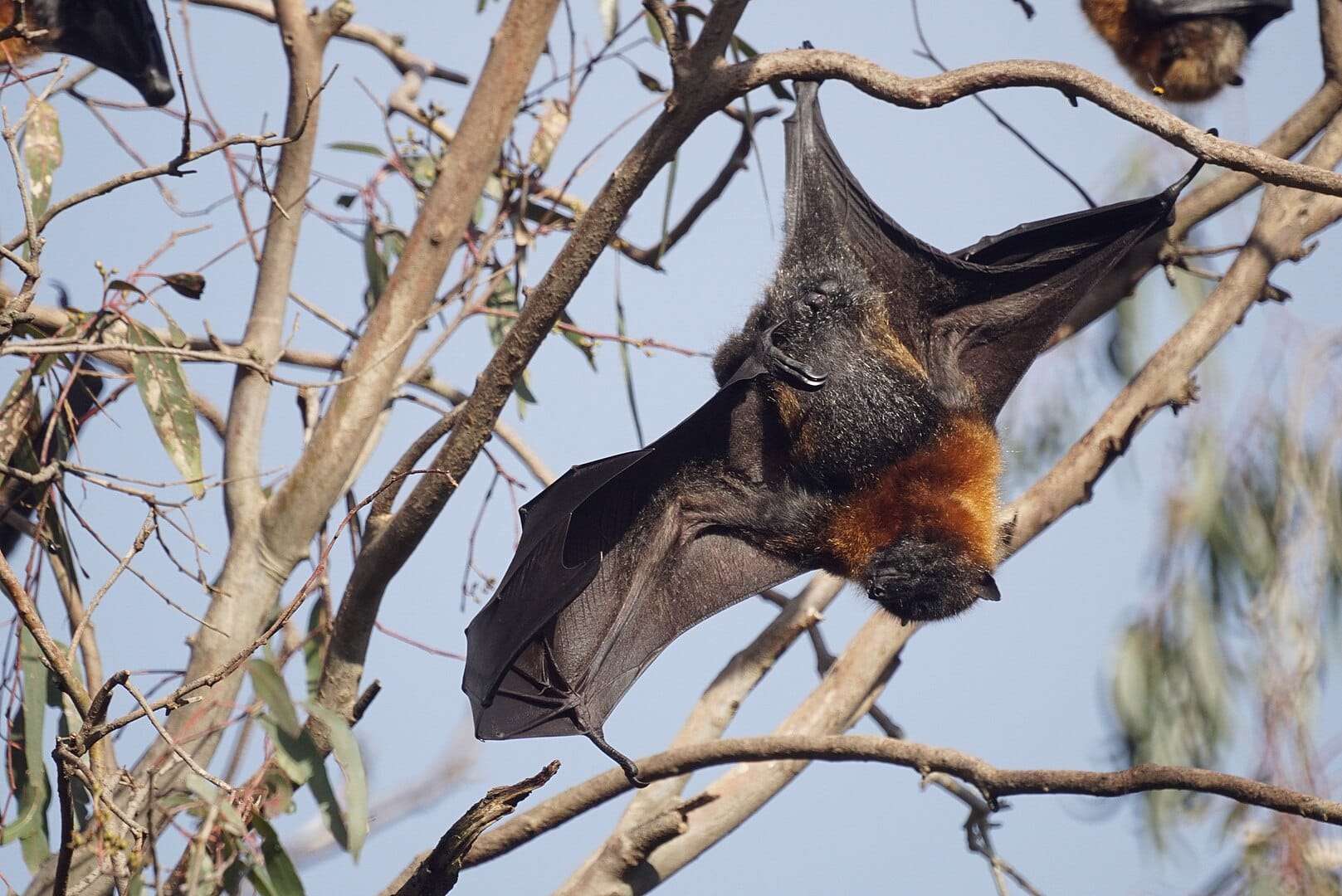
- Never handle bats, even injured ones.
- Call licensed wildlife carers or trained professionals if you find a bat in distress.
- Educate children about the dangers of touching bats.
- Vaccination against rabies is recommended for people who work closely with bats, such as wildlife carers, veterinarians, and researchers.
Final Thoughts
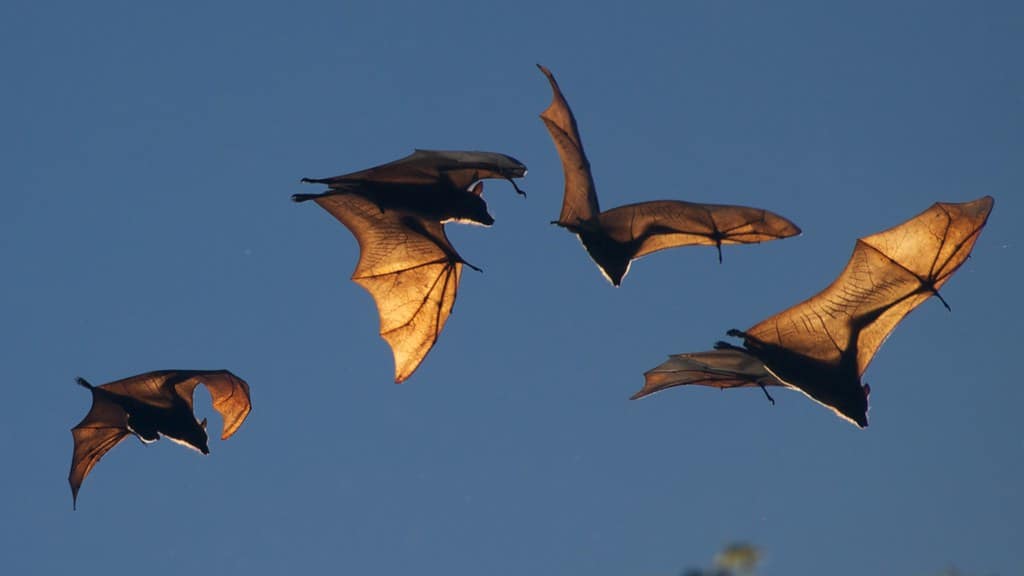
While Australian Bat Lyssavirus is rare, it’s deadly if untreated. Awareness and caution are key. By avoiding direct contact with bats and knowing what to do if exposure occurs, you can protect yourself and others from this serious but preventable disease.
- Real-life Bulldozers: Elephant Pushes Over A Tree - August 25, 2025
- This is What Happens When You Harness Train Kittens - August 25, 2025
- Playful Orangutan Rolls Down A Path - August 25, 2025

